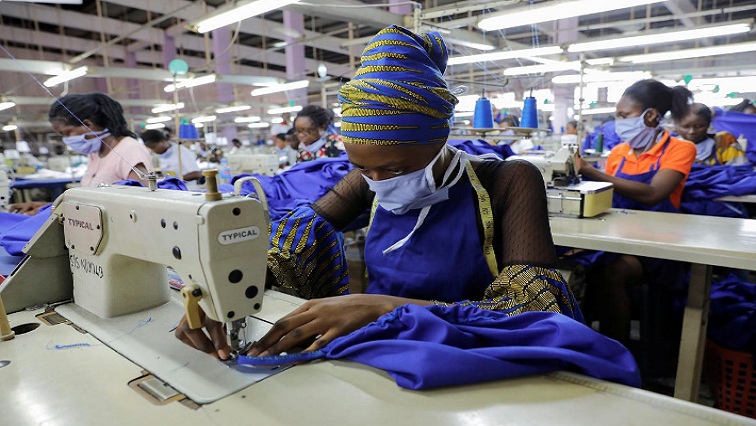According to Michael Yeates, Director at the Cliffe Dekker Hofmeyr Employment Practice, employers have a legal obligation to protect the health of workers as they begin to return to work.
Yeates adds that an employer’s duty to ensure a healthy and safe working environment does not extend to an employee’s private residence when that employee is working from home during lockdown.
In relation to leaves, he says, “If employees were forced to take their paid annual leave during this period, an employer can claim from the Temporary Employment Relief Scheme (TERS) relief scheme, on the condition that it credits the employee back their annual leave that they were forced to take.”
The South African Human Rights Commission (SAHRC) has called on all businesses to uphold human rights during the COVID-19 pandemic. The commission remains concerned that certain businesses are unaware of their human rights obligations under the South African constitution.
Senior researcher for equality at the SAHRC, Dr Shanelle van der Berg, says if workers are at risk of contracting COVID-19, the right to access healthcare services and the right to human dignity will be infringed.
She explains that employers should also not neglect their most vulnerable like the blind and hearing impaired.
If workers find that their employers are not compliant with COVID-19 health and safety regulations, they are urged to contact the SAHRC for recourse.
Experts say the duties and obligations placed on employers as economic activity begins to reignite is not to infringe on the rights of employees.
Some companies will be open for business and workers returning to work under level 3. This will bring about a whole new experience at the workplace in terms of organisational culture and structuring as Human Resources Expert Nomihlali Ntsunguzi explains:
Below are measures that will be in place during Level 3:

Loading…
Author- Prabashini Moodley






